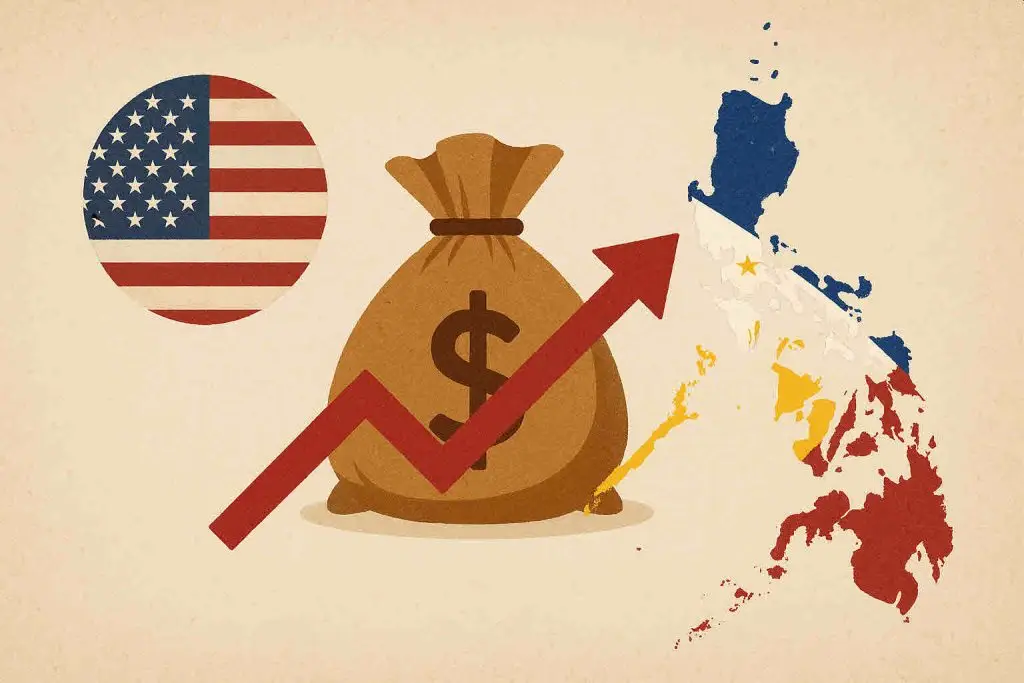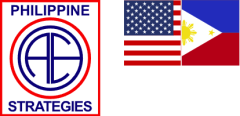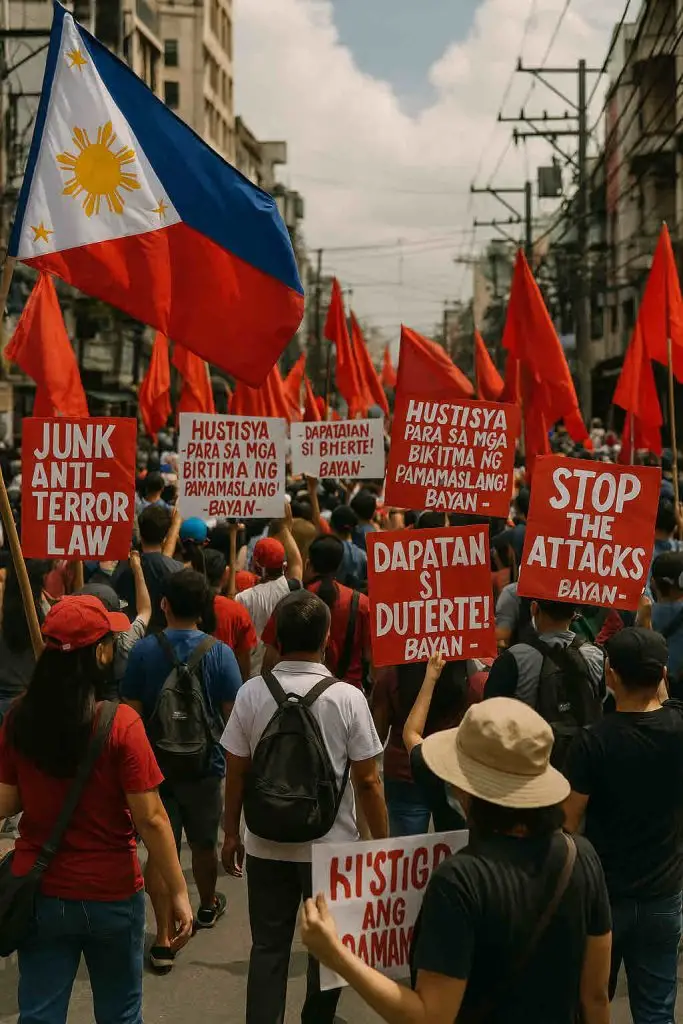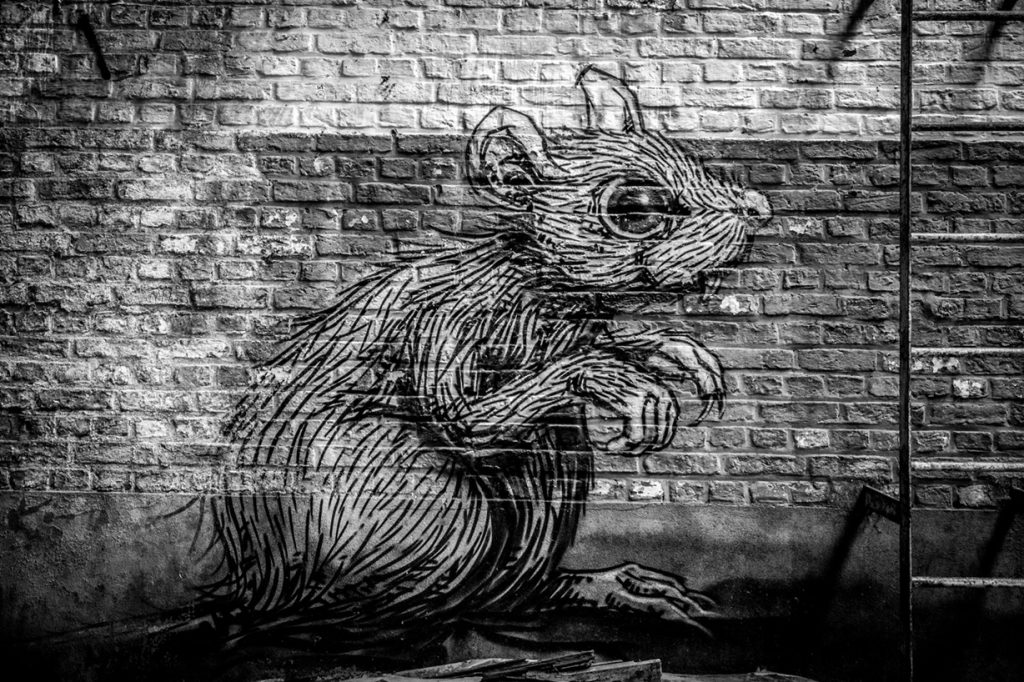
Foreign direct investment (FDI) in the Philippines has struggled under the weight of political infighting, outdated ownership laws, and broken promises. From Duterte’s pivot to China and policy unpredictability, to Marcos Jr.’s stalled reforms and constitutional roadblocks, this article dissects why foreign investors are hesitant—and what must change for the country to regain its footing in Southeast Asia.
From Duterte to Marcos Jr. – Persistent Challenges
When President Rodrigo Duterte assumed office in 2016, the Philippines entered an era marked by tough rhetoric, a controversial war on drugs, and a pivot towards China. But one of the less discussed — yet deeply consequential — impacts of his administration was the collapse of foreign direct investment (FDI), which the country still struggles to recover from nearly a decade later.
The Duterte Decline
Despite campaign promises of economic growth and infrastructure overhaul, Duterte’s tenure saw FDI inflows drop dramatically. According to Bangko Sentral ng Pilipinas (BSP) data, net FDI inflows peaked in 2017 at $10.3 billion, only to begin a downward slide that was exacerbated by unpredictable policies, political volatility, and a growing perception that the Philippines was an increasingly risky place to do business.
Duterte’s open hostility to Western allies, cozying up to China without significant economic reciprocation, and the chilling effect of his aggressive domestic policies all contributed to investor hesitation. The business climate suffered from regulatory uncertainty, rule-of-law concerns, and a perception that the government was more interested in consolidating power than enabling business.
The Marcos-Duterte Conflict
Upon entering the Palace in mid-2022, President Ferdinand “Bongbong” Marcos Jr., ushered in an era of cautious optimism that the country might reorient towards stability. But that hope was short-lived. What has emerged instead is an increasingly public power struggle between the Marcos and Duterte dynasties — two of the country’s most powerful political families, now locked in a bitter rivalry.
This ongoing “clan war” has spilled over into public policy, appointments, and the security sector. For foreign investors, it signals a return to uncertainty. With key sectors of the bureaucracy and judiciary potentially influenced by partisan interests, long-term investment becomes harder to justify.
Notably, the rivalry hampers any serious push for reform of the industrial sector. Despite Marcos Jr.’s stated goals of economic liberalization, the political capital needed to pursue meaningful changes is being squandered on factional battles. Many foreign investors already setup in country have complained bitterly about abuses heaped upon them by LCU’s (Local Government Units), contrary to national government promises.
The 60/40 Rule: A Relic That Still Repels
One major, long-standing deterrent remains untouched: the 60/40 rule in the current Philippine Constitution, which limits foreign ownership of land and key industries to just 40%. While certain sectors like retail and renewable energy have seen incremental liberalization, the core restriction on equity remains.
Foreign firms continue to view this as a dealbreaker, particularly when neighboring countries like Vietnam and Indonesia offer more favorable terms. Without constitutional reform — a political hot potato that Marcos has effectively championed yet — the Philippines will remain a secondary choice for serious foreign capital.
The CREATE Law: A Broken Promise
Adding salt to the wound, the Corporate Recovery and Tax Incentives for Enterprises (CREATE) law, passed during the Duterte administration and implemented under Marcos Jr., has caused widespread disillusionment among foreign investors — especially those operating in freeport zones like Clark and Subic.
While touted as a way to rationalize tax incentives and attract more business, the CREATE law did the opposite for many Locators. It retroactively changed the terms of their tax holidays and incentives, undermining trust and violating long-standing agreements. Many companies that had sunk millions into facilities based on specific tax regimes suddenly found themselves in a new, less favorable playing field.
This reversal has led to legal disputes and, in some cases, outright withdrawal of investments. For foreign investors, the message was clear: even government assurances in the Philippines can be subject to abrupt political change.
The Bottom Line
The Philippines once held the promise of becoming Southeast Asia’s rising economic tiger, but the past decade has turned that narrative into a cautionary tale. FDI remains sluggish, and despite official optimism, the numbers don’t lie. Political infighting, outdated ownership laws, and broken promises have left the country at a standstill.
Until real reform — political, economic, and institutional — is undertaken, foreign investors will continue to look elsewhere. And unless the Marcos and Duterte camps find a way to end their zero-sum war, the Philippines risks becoming a footnote in the regional economic story rather than a protagonist.


